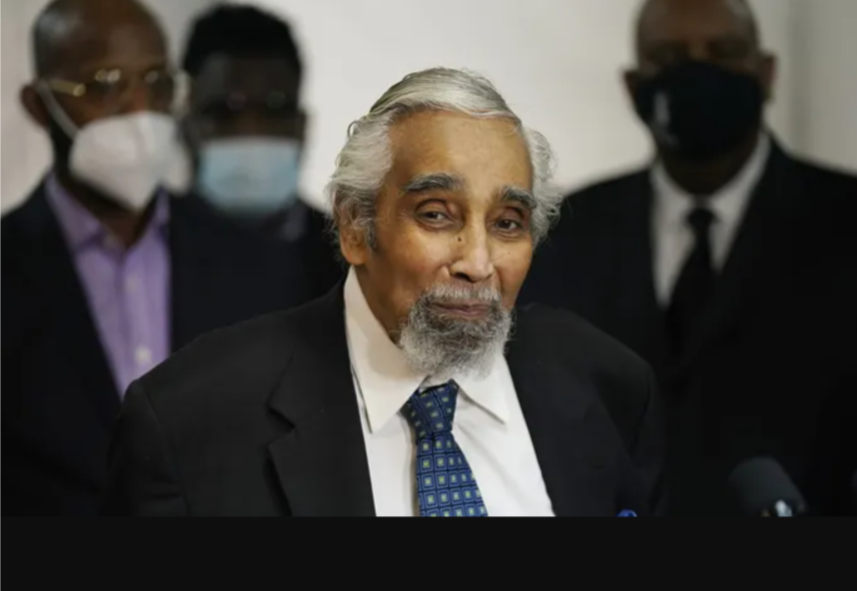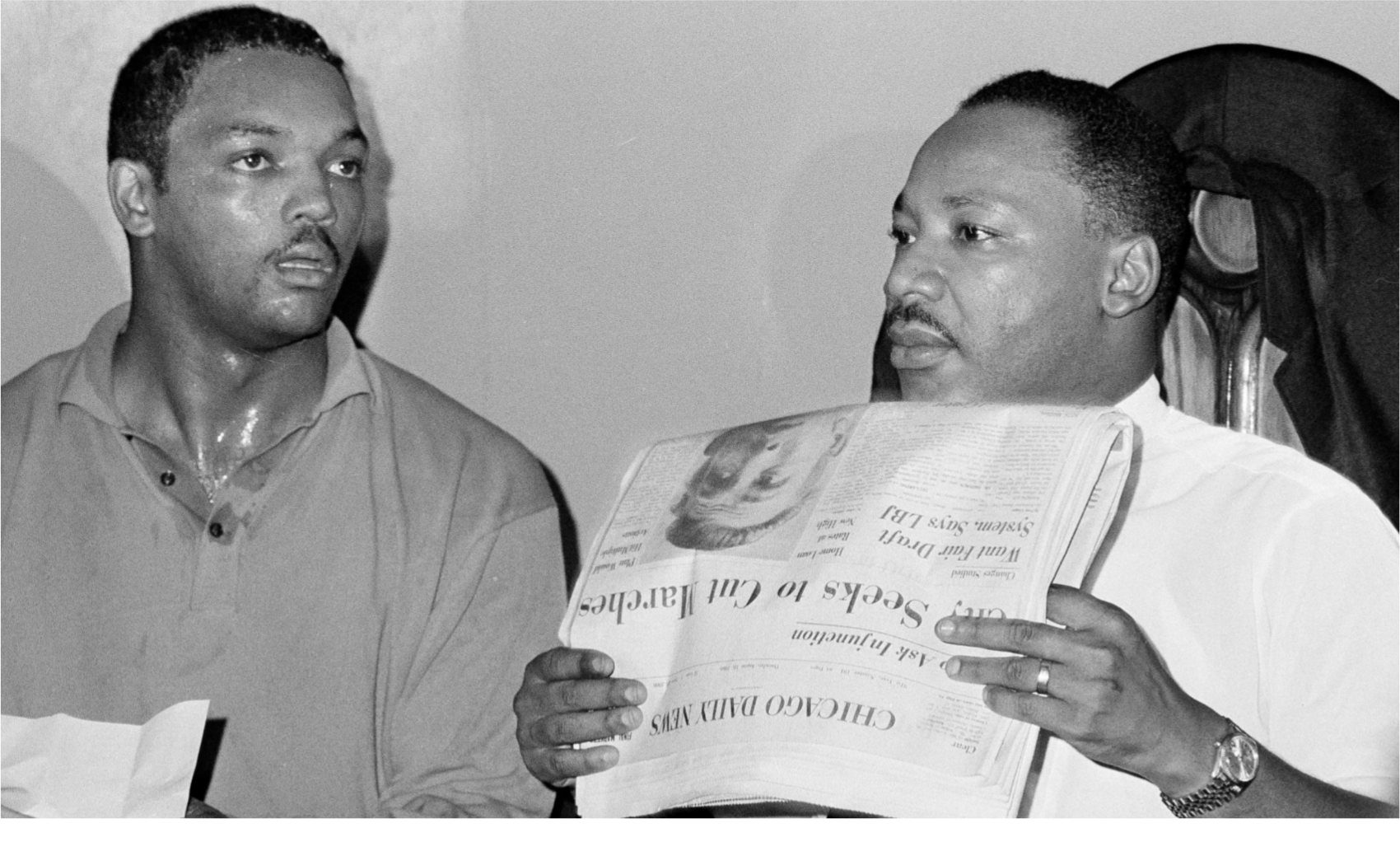(ThyBlackMan.com) By any measure, Charles Bernard Rangel was a towering figure in American politics—a man whose journey from the backstreets of Harlem to the halls of Congress defined the very best of what American democracy can offer when met with persistence, grit, and a deep love for country. The longtime lawmaker and war hero passed away at the age of 94, leaving behind a legacy woven into the very fabric of American history, civil rights, and progressive policy. As the dean of New York’s Congressional delegation and the first African-American to chair the influential House Ways and Means Committee, Rangel was both a master of political negotiation and an unapologetic advocate for his community.

From the Trenches of War to the Steps of Power
Born on June 11, 1930, in New York City, Rangel’s early years were anything but privileged. His father left the family when Charles was just six, leaving his mother to raise the children through cleaning jobs and factory work. Rangel grew up in the heart of Harlem, where survival often depended on resilience and hustle. He dropped out of DeWitt Clinton High School at 16, not out of lack of intelligence, but necessity. By 1948, he enlisted in the U.S. Army and was soon deployed to fight in the Korean War.
It was on the battlefield where Rangel’s sense of courage and leadership crystallized. He rose to the rank of staff sergeant and served in the segregated 503rd Field Artillery Battalion in the 2nd Infantry Division. During the brutal five-day battle at Kunu-ri, Rangel led roughly 40 soldiers to safety, despite being wounded himself. For his heroism, he received the Bronze Star and a Purple Heart—awards that, while symbols of valor, barely scratch the surface of what the experience meant to him.
Years later, Rangel would reflect on that moment with solemnity. “I know that nothing is ever going to happen to me in life that I’m going to complain about after Kunu-ri,” he said, offering a glimpse into the enduring impact the war had on shaping his worldview.
Climbing the Ranks of Academia and Law
After the war, Rangel returned home with renewed purpose. At the age of 23, he re-enrolled in high school to complete his diploma. From there, he took advantage of the GI Bill, earning a degree from New York University in 1957 and then graduating from St. John’s University School of Law in 1960. His early legal career saw him serve as an assistant U.S. attorney under the legendary Robert Morgenthau in the Southern District of New York—a position that gave him the prosecutorial experience and courtroom acumen that would later serve him well in Washington.
As a member of Alpha Phi Alpha—the nation’s first Black fraternity—Rangel had already begun forging bonds within the burgeoning African-American political class. He soon transitioned into politics, winning a seat in the New York State Assembly in the mid-1960s.
Unseating a Legend: The Rise to National Power
On November 3, 1970, Charles Rangel shocked New York political circles by defeating Rep. Adam Clayton Powell Jr., the iconic Harlem lawmaker whose political career had been tainted by scandal and allegations of misconduct. Rangel’s victory wasn’t just a political upset—it was a changing of the guard in Black political power.
Once in Congress, Rangel wasted no time asserting himself as a principled, sharp-witted, and unapologetically liberal voice. He was one of the founding members of the Congressional Black Caucus, established in 1971, and quickly became one of its most visible faces. The Caucus served as both a conscience and a coalition, ensuring that Black voices had a seat at the legislative table—and Rangel was often its loudest megaphone.
He represented Harlem, upper Manhattan, and parts of the Bronx with pride and precision, focusing on issues like economic justice, criminal justice reform, urban housing, and education. His commitment to lifting underserved communities was personal—he knew what poverty looked like, and he was determined to write laws that tackled it head-on.
The Chairmanship: Breaking Barriers on Ways and Means
In 2007, Rangel reached the pinnacle of his legislative career when he became chairman of the powerful House Ways and Means Committee—the first African-American to do so. The committee oversees tax policy, Social Security, Medicare, and trade—making it arguably the most influential committee in Congress.
His elevation was symbolic and substantive: a Black man from Harlem was now steering the nation’s fiscal policy and helping to shape healthcare and tax laws for all Americans.
But with great power came increased scrutiny. In 2010, Rangel was censured by the House for a series of ethics violations, including improper fundraising and misusing rent-stabilized apartments for campaign work. Rangel accepted the censure, but he never lost his defiance. “I brought [the ethics violations] on myself,” he admitted. “But in no way did I corrupt my public office.”
The censure was a blemish, but it never eclipsed his legacy. Even as his national profile faced challenges, his constituents in Harlem continued to re-elect him until his retirement in 2017. Over the course of 23 terms in office, Rangel became one of the longest-serving members of Congress in U.S. history.
The Personal Side: Harlem, Family, and Billie Holiday
Despite the high-level power plays of Washington, Rangel always remained a Harlem man. His early days working as a bellhop at the Hotel Theresa remain part of his legend—particularly his star-struck encounter with jazz icon Billie Holiday. “I completely fell apart,” he once admitted about meeting the singer.
It was also in Harlem where he met Alma Carter, the love of his life, on the dance floor at the famed Savoy Ballroom. The two married in the 1950s and remained partners until her passing in October 2023. Their marriage produced two children, Steven and Alicia, and multiple grandchildren who carry the Rangel legacy into the next generation.
His personal life, like his public one, was marked by resilience, warmth, and charisma. Rarely seen without a perfectly trimmed mustache and finely tailored suit, Rangel was equal parts street-smart and stately—Harlem’s own political dandy.
A Man of Humor, Courage, and Brutal Honesty
Rangel was never one to mince words, whether taking on Republican colleagues or critiquing his own party. In 2005, he raised eyebrows when he said of then-Vice President Dick Cheney, “I would like to believe he’s sick rather than just mean and evil.” It was classic Rangel—blunt, unfiltered, and always willing to say what others only whispered.
His humor and candor weren’t about showboating. They were political tools, honed over decades, used to deflect, dismantle, or disarm. Whether it was in a committee hearing or a Sunday morning TV interview, Rangel’s voice commanded attention—not just for its volume, but for its clarity.
A Patriotic Progressive Who Believed in America
What separated Rangel from many of his contemporaries was his unwavering belief in the American ideal—even when the nation failed to meet its promise. As former Governor Andrew Cuomo stated, “He believed in his country even when it fell short.” That duality—of critique and commitment—was Rangel’s strength.
He served during the impeachment hearings of President Richard Nixon, advocated for urban reinvestment during the Reagan years, and fought for healthcare reform in the Obama era. Through each era, he adapted without surrendering his principles.
He was a soldier on the battlefield and a warrior in the House chamber. The same sense of duty that led him through the horrors of Korea also carried him through the turbulence of civil rights battles, economic downturns, and political infighting.
Tributes from a Grateful Nation
Upon the news of his passing, tributes poured in from across the political spectrum. Sen. Chuck Schumer called him “a great friend” and “someone who never stopped fighting for the best of America.” New York Attorney General Letitia James hailed him as “a giant” and “the lion of Lenox Avenue,” a nickname that now echoes with the finality of loss.
Mayor Eric Adams, speaking aboard the USS Intrepid on Memorial Day, reminded listeners of Rangel’s military service, calling him “a true American” and “a committer to what’s great about this country.”
These aren’t empty platitudes—they are acknowledgments of a life lived in full commitment to service, justice, and legacy.
Charlie Rangel’s passing marks the end of an era—not just for Harlem, not just for New York, but for the entire nation. He was a product of his time and a shaper of history. From the segregated battlefields of Korea to the committee rooms of Capitol Hill, he walked with purpose, spoke with conviction, and governed with heart.
His death on Memorial Day is more than symbolic—it is poetic. A soldier, statesman, and servant to his people, Charles Rangel now joins the ranks of those who shaped America in its most trying moments.
May he rest in peace, and may the next generation of leaders learn from the blueprint he left behind.
Staff Writer; Jamar Jackson

















Leave a Reply